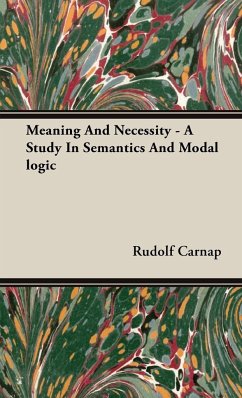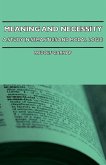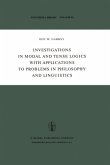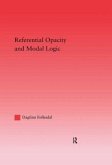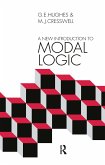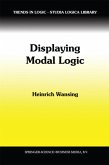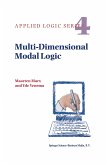MEANING AND NECESSITY- A Study in Semantics and Modal Logic By RUDOLF C RNAP. PREFACE: The main purpose of this book is the development of a new method for the semantical analysis of meaning, that is, a new method for analyzing and describing the meanings of linguistic expressions. This method, called the method of extension and intension, is developed by modifying and ex tending certain customary concepts, especially those of class and property. The method will be contrasted with various other semantical methods used in traditional philosophy or by contemporary authors. These other methods have one characteristic k corfflHbi Wrhey all regard an expression in a language as a name of a concrete or abstract entity. In contradistinc tion, the method here proposed takes an expression, not as naming any thing, but as possessing an intension and an extension. This book may be regarded as a third volume of the series which I have called Studies in Semantics, two volumes of which were published ear lier. However, the present book does not presuppose the knowledge of its predecessors but is independent. The semantical terms used in the present volume are fully explained in the text. The present method for defining the L-terms for example, L-true, meaning logically true, analytic differs from the methods discussed in the earlier Introduction to Semantics. I now think that the method used in this volume is more satisfactory for lan guages of a relatively simple structure. After meaning analysis, the second main topic discussed in this book is modal logic, that is, the theory of modalities, such as necessity, contin gency, possibility, impossibility, etc. Various systems of modal logic have been proposed by various authors. It seems to me, however, that it is not possible to construct a satisfactory system before the meanings of the modalities are sufficiently clarified. I further believe that this clarification can best be achieved by correlating each of the modal concepts with a cor responding semantical concept for example, necessity with L-truth. It will be seen that this method also leads to a clarification and elimination of certain puzzles which logicians have encountered in connection with modalities. In the Preface to the second volume of Studies in Semantics, I announced my intention to publish, as the next volume, a book on modal logic containing, among other things, syntactical and semantical systems which combine modalities with quantification. The present book, however, is not as yet the complete fulfilment of that promise it contains only analyses and discussions of modalities, preliminary to the construc tion of modal systems The systems themselves are not given here. In an article published elsewhere see Bibliography, I have stated a calculus and a semantical system combining modalities with quantification, and have summarized some of the results concerning these systems. A more comprehensive exhibition of results already found and those yet to be found must be left for another time. The investigations of modal logic which led to the methods developed in this book were made in 1942, and the first version of this book was writ ten in 1943, during a leave of absence granted by the University of Chi cago and financed by the Rockefeller Foundation. To each of these insti tutions I wish to express my gratitude for their help. Professors Alonzo Church and W. V. Quine reaorhe first version and discussed it with me in an extensive correspondence...
Bitte wählen Sie Ihr Anliegen aus.
Rechnungen
Retourenschein anfordern
Bestellstatus
Storno

